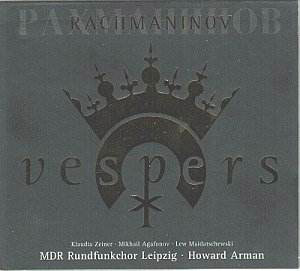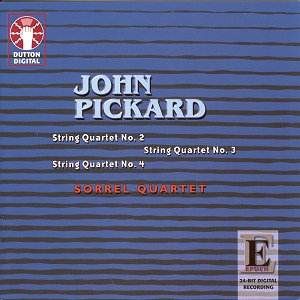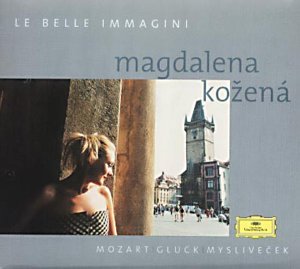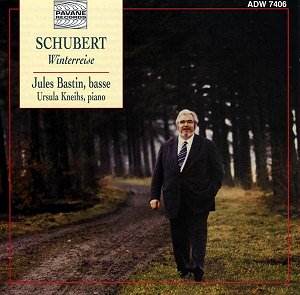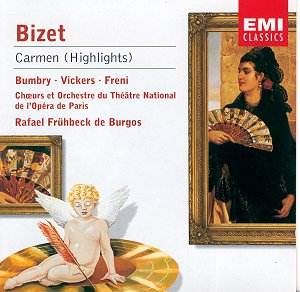 Composer: Georges Bizet
Composer: Georges Bizet
Works: Carmen (highlights)
Performers: Grace Bumbry (mezzo soprano), Jon Vickers (tenor), Mirella Freni (soprano), Kostas Paskalis (baritone), Eliane Lublin (soprano), Viorica Cortez (mezzo soprano), Claude Meloni (baritone), Bernard Gontcharenko (bass), Chorus and Orchestra of the Paris Opera
Recording: Recorded in the Salle Wagram, Paris, July and September 1969, January and February 1970
Label: EMI Classics CDE5 74955 2
Georges Bizet’s Carmen, first performed in 1875, has become a cornerstone of the operatic repertoire, celebrated for its rich characterizations, vibrant orchestration, and the dramatic tension that unfolds through its score. This highlights recording, featuring an illustrious cast under the direction of Rafael Frühbeck de Burgos, captures the essence of this timeless work while offering a compelling auditory experience that balances vocal prowess and orchestral color.
Grace Bumbry’s portrayal of the titular Carmen is a standout element of this recording. Her voice exhibits a seductive allure, imbued with a tempestuous spirit that animates the character’s volatile emotional landscape. Bumbry navigates the intricacies of Carmen’s music with fierce conviction, particularly in her signature arias, where her interpretative choices reveal a woman both empowered and ultimately tragic. Although her execution of the rapid passages in the Gypsy Song may not possess the fire of some interpretations, her ability to evoke the character’s multifaceted nature is palpably felt. In contrast to the more chest-heavy interpretations of singers like Maria Callas, Bumbry’s timbre is strikingly beautiful and nuanced, enhancing the seductive qualities of the role.
Jon Vickers, as Don José, brings a blend of dramatic intensity and lyrical sensitivity to the role. His interpretation is characterized by a palpable sense of struggle, particularly evident in the duet with Freni, where their vocal partnership creates a moment of exquisite beauty. The climax of the Flower Song, marked by a diminuendo to a floated top B-flat, exemplifies Vickers’s capacity to convey both vulnerability and strength. The tension between his character’s obsessive passion and Bumbry’s fierce independence is explored with a keen understanding of the emotional stakes involved. Kostas Paskalis’s Escamillo is equally commendable, delivering the Toreador’s Song with both virility and clarity, his diction shining through even amidst the exuberance of the orchestration.
The orchestral contributions from the Paris Opera Orchestra under Frühbeck de Burgos further elevate this performance. The conductor imbues the score with a lively energy, particularly in the prelude and the entr’actes, where the orchestra enjoys moments to showcase their virtuosity. The horns, with their saxophone-like timbre, create an unforgettable sound that complements the vocal lines beautifully. This recording benefits from excellent engineering, with a clarity that allows the orchestral textures to emerge distinctly against the singers, a crucial aspect when considering the dense scoring of Bizet’s work.
While not all choral elements are fully represented in this highlights format, the inclusion of the boy soldiers and the atmospheric opening of Act IV contributes to the overall dramatic arc. The balance of the recording allows for a vivid portrayal of the narrative, enhancing the listener’s engagement with the unfolding drama.
This recording of Carmen stands out not only for its stellar cast but also for the cohesive interpretation that Frühbeck de Burgos achieves with the orchestra. The performances resonate with a lively authenticity that captures the spirit of Bizet’s creation. For those who may hesitate at the prospect of acquiring the entirety of Carmen, this highlights recording is an exceptional alternative that encapsulates the opera’s dramatic potency and musical brilliance, making it a worthy addition to any classical music collection.
